A blueprint and not a plan
THIS BOOK, a collection of articles by six authors, is meant to be a sequel to Blueprint for a Green Economy (Earthscan), which was published in September 1989. The theme of the earlier book was
THIS BOOK, a collection of articles by six authors, is meant to be a sequel to Blueprint for a Green Economy (Earthscan), which was published in September 1989. The theme of the earlier book was

Doctors and social workers advocate awareness as the best way to prevent AIDS, a disease that has no vaccine or cure, from spreading.
<p>The time has come to develop a national consensus, define the national position and determine red lines for future negotiations, otherwise we risk endangering our future growth prospects.<br />
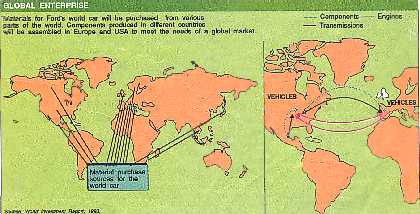
Here's the changing face of multinational companies: Headquartered in Europe, R&D in the US, produced in Asia and marketed around the world. One huge glpbal institution powered by the latest communications technology.
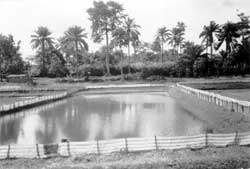
Making the best of the worst could be the underlying theme behind the garbage revolution in Nigeria

The refrigerant and air conditioning industry in India remains quiet about its moves post 2002 when it stops using chlorofluorocarbons. Is it also making plans to get "compensation" to do nothing? And in this carnival of big business what chances do the
WHAT DOES the International Monetary Fund have to do with land degradation? On the face of it, nothing. But in reality, quite a lot. A degraded landscape in an increasingly integrated world is
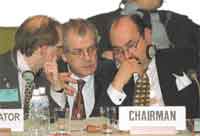
Heated exchanges marked a conference which ended abruptly to hastily patch up a lukewarm agreement

Pollinators, small insects like bees and butterflies, animals like bats and small birds such as the hummingbird, play a big role in helping plants propagate. Their populations are declining rapidly. If they die out, so will the plants that depend on them

Scientists and NGOs find common ground in ensuring that farmers possess the divers they can use and conserve

The Commission on Global Governance calls for a democratic world governance to deal with increasing global interdependence
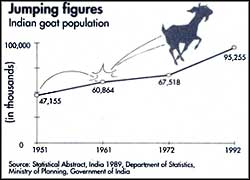
Are goats responsible for increasing desertification? No, say many environmentalists and researchers. In fact, this hardy animal fertilises degraded land efficiently, besides being a valuable source of income and nutrition for the poor

The South came back reasonably victorious from Rio, it was only because of the poor leadership of USA. The question now is: will it be able to sustain its success?
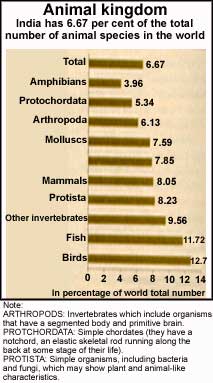
Misguided conservation efforts are leading to depletion of biodiversity and exploitation of poor people

European environmentalists tackle Third World concerns of irresponsible overconsumption by northern countries

The world over, the pockets where the poor live are used as environmental dumps. PAUL WAPNER debates the environmental ethics of International politics